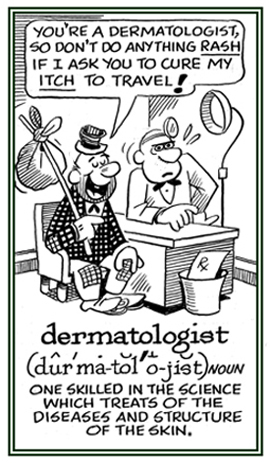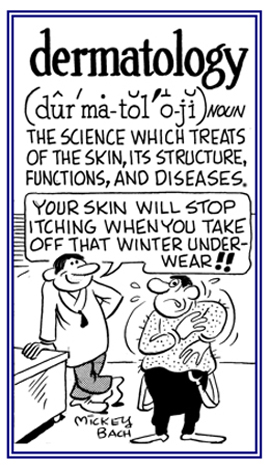-ology, -logy, -ologist, -logist
(Greek: a suffix meaning: to talk, to speak; a branch of knowledge; any science or academic field that ends in -ology which is a variant of -logy; a person who speaks in a certain manner; someone who deals with certain topics or subjects)
The word -ology is a back-formation from the names of certain disciplines. The -logy element basically means "the study of ____". Such words are formed from Greek or Latin roots with the terminal -logy derived from the Greek suffix -λογια (-logia), speaking, from λεγειν (legein), "to speak".
The suffix -ology is considered to be misleading sometimes as when the "o" is actually part of the word stem that receives the -logy ending; such as, bio + logy.
Through the years -ology and -logy have come to mean, "study of" or "science of" and either of these suffixes often utilize the form of -ologist, "one who (whatever the preceding element refers to)".
The examples shown in this unit represent just a small fraction of the many words that exist in various dictionaries.

Go to this Word A Day Revisited Index
so you can see more of Mickey Bach's cartoons.

Go to this Word A Day Revisited Index
so you can see more of Mickey Bach's cartoons.
2. The science of the nomenclature and classification of diseases of the skin.
2 Learning about the doctrine or the theories about Satan which is another term for the "devil".


